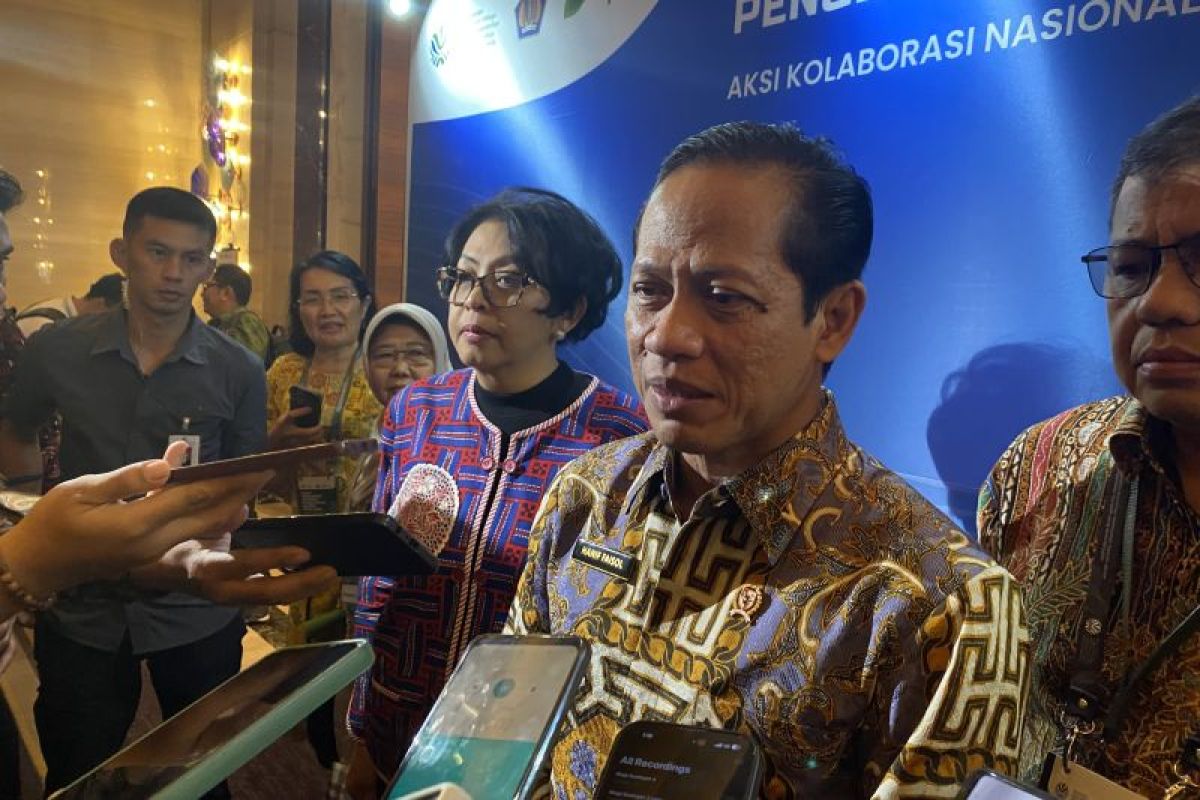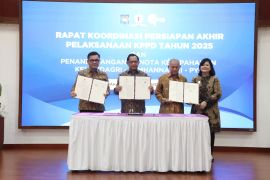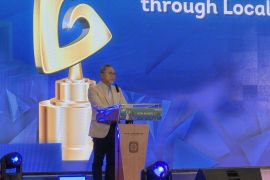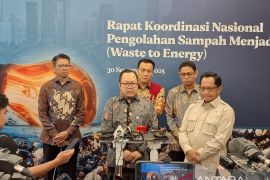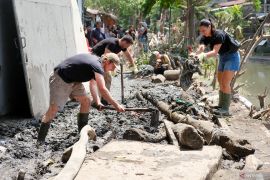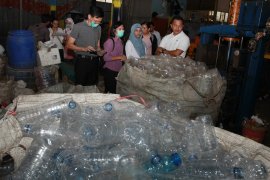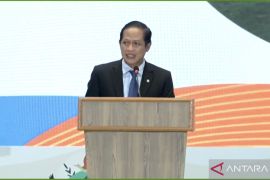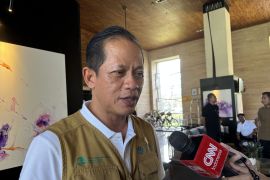Jakarta (ANTARA) - The Ministry of Environment has urged regional heads across Indonesia to change and improve waste management in their respective regions from upstream to downstream without delay.
This was conveyed by Environment Minister Hanif Faisol Nurofiq at the 2024 National Coordination Meeting on Waste Management in Jakarta on Thursday.
On the upstream side, regional governments have been urged to make efforts to transform people's behavior through communication, information, and education related to waste sorting and management and push waste sorting at the source.
Then, they have been asked to make significant efforts to handle organic waste at the source by providing composting facilities or strengthening the role of parties who carry out organic waste processing and creating a supply chain for processed waste products and their off-takers.
"Organic waste that is not managed well and ends up in landfills contributes methane that causes climate change," he said.
Furthermore, regional governments have been asked to apply the extended producer responsibility (EPR) concept, especially for packaging waste.
In addition, regional governments have been urged to bolster the role of waste banks as waste management facilities that apply the reduce, reuse, and recycle concept and as places of education, behavior change, and circular economy implementation.
Meanwhile, on the downstream side, they have been asked to improve separate collection and transportation of waste and ensure the service reaches all areas and sends the waste to waste processing facilities.
Nurofiq emphasized the importance of improving landfills in regions so that they are managed using the sanitary landfill method or controlled landfill method and only receive residue.
Regional governments have also been asked to apply other waste management approaches, including taking action against illegal dumping and open burning of waste as well as improving waste management governance by strengthening regulations and law enforcement, among others.


